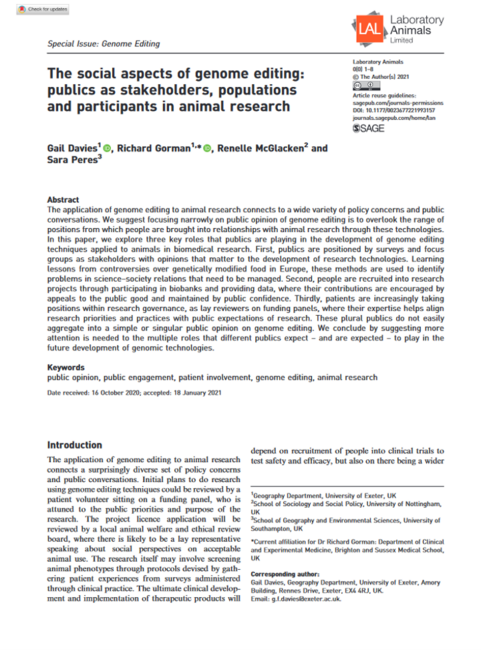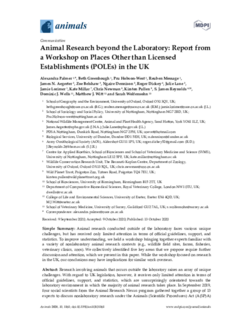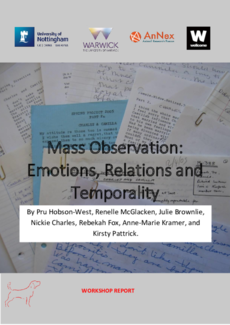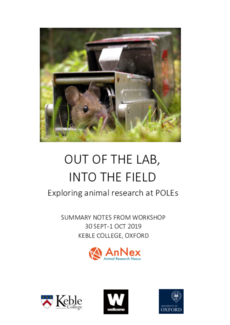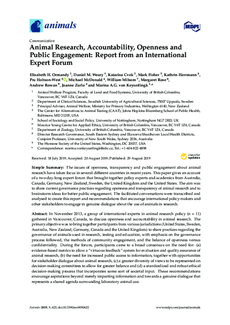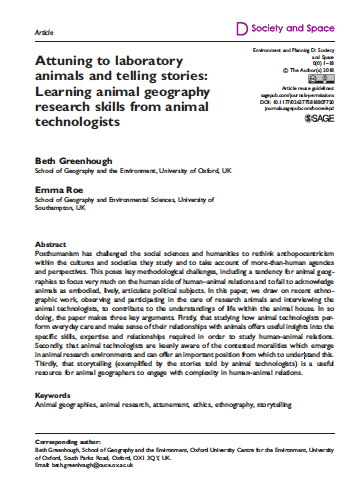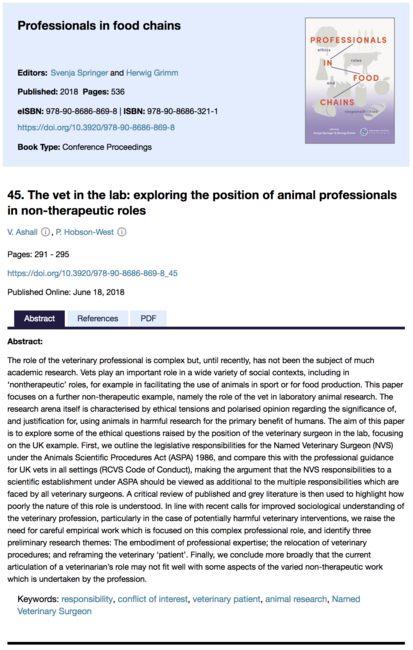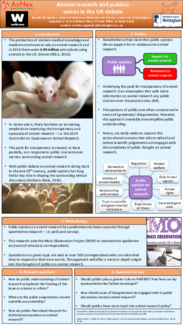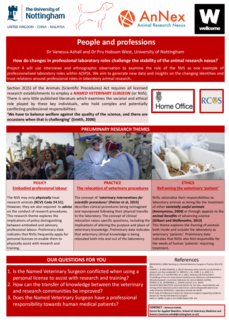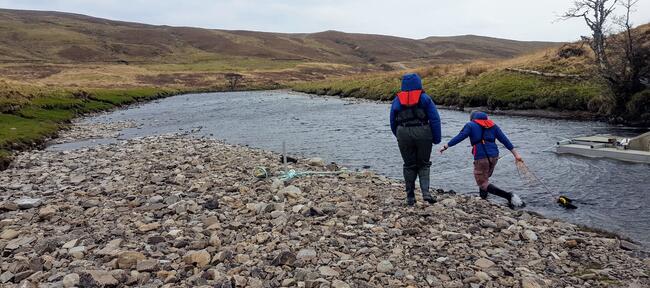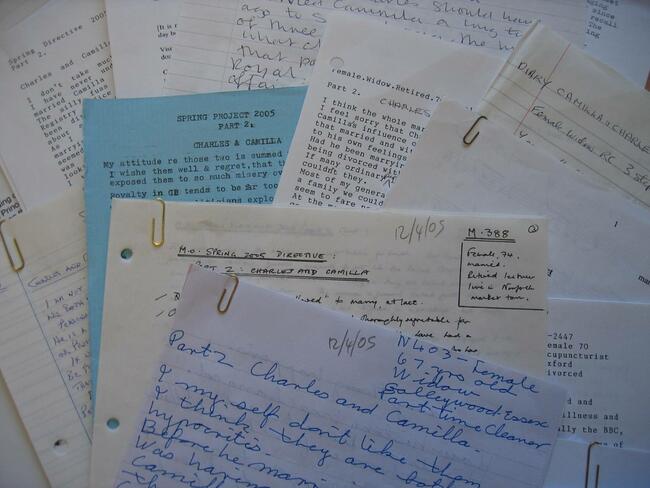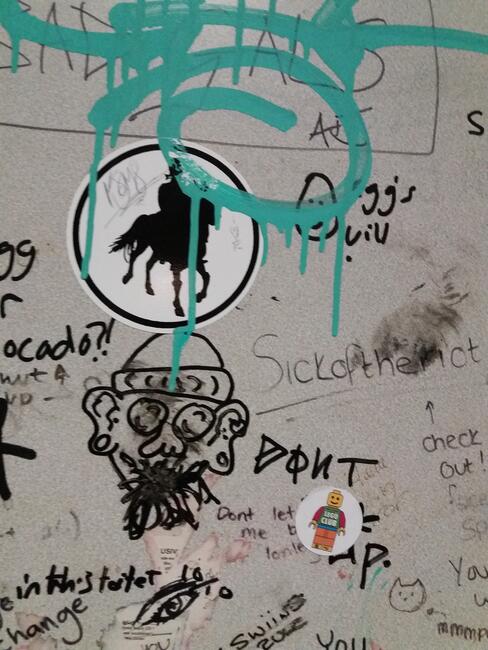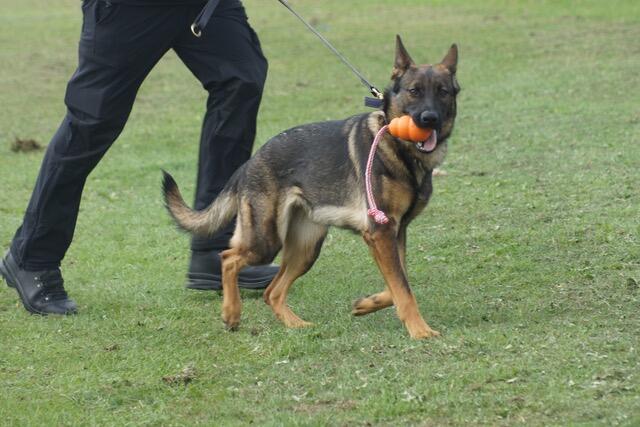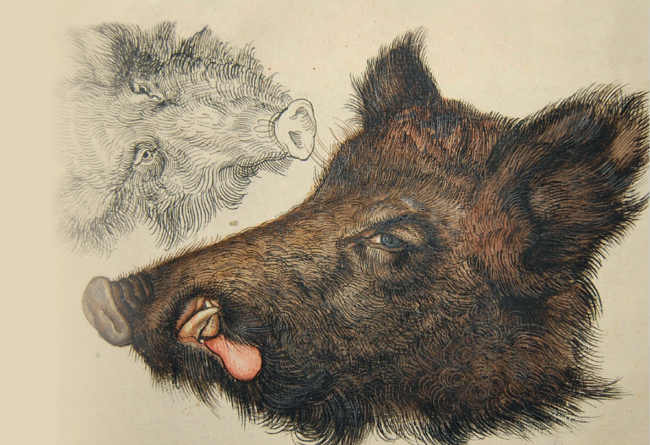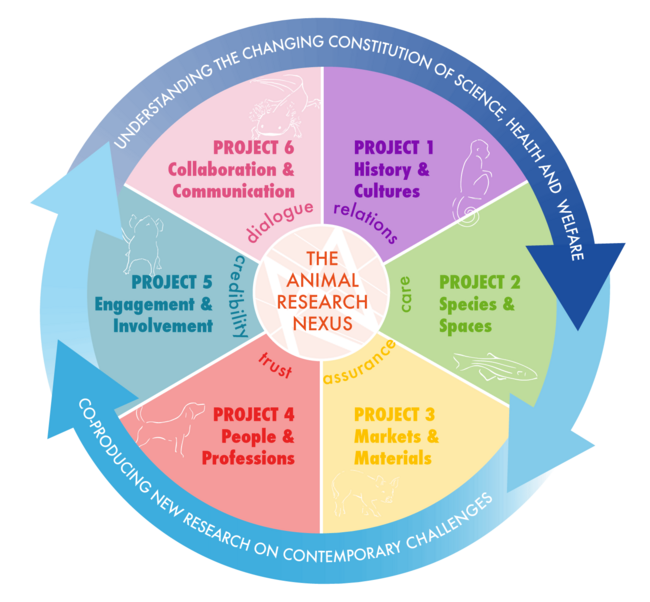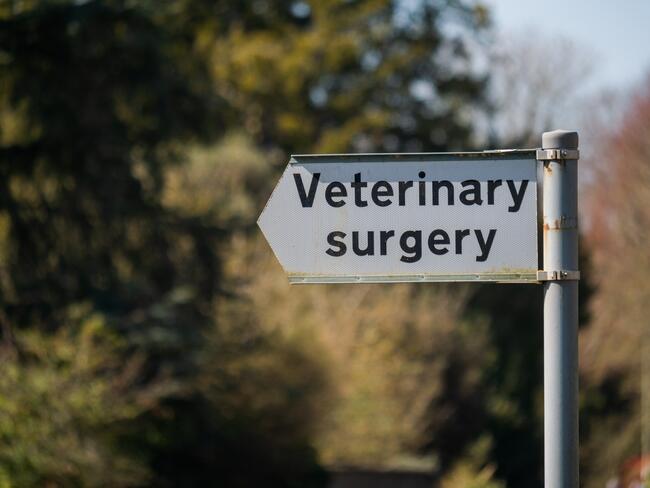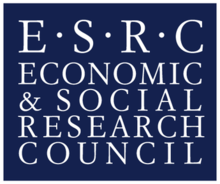People & Professions
Determining the extent to which changes in professional laboratory roles challenge the stability of the animal research nexus

Understanding the animal research nexus requires recognition of how the professional roles of laboratory staff are constituted, enacted and challenged. The People and Professions Project investigates how professionals working in the laboratory, including veterinarians, are seen by wider publics and, conversely, how those who work in the lab construct images of the public.
Two primary programmes of work are planned. The first is to analyse results from a Mass Observation Archive commission to explore how ‘publics’ construct animal research, and to consider whether this method has potential for overcoming traditional methodological pitfalls. This will be explored via a PhD studentship awarded to Renelle McGlacken. The second is to use in-depth interviews and ethnographic observation to better understand the role of Named Veterinary Surgeons who work in the animal laboratory. The overall aim of this research is to consider the extent to which changes in professional laboratory roles are challenging the stability of the animal research nexus, and to identify implications for the future of governance, training and public engagement. This work is led Dr Pru Hobson-West at the University of Nottingham.
Relevant, tagged site content:
Engagement Activities
This engagement activity invites people to draw a label which could be used to denote the role of animal research in the production of medicines.
Publications
The veterinary profession has been relatively understudied in social science, though recent work has highlighted the geographic dimensions of veterinary expertise.
This short report offers a review of some of the literature on reflexive practice in qualitative research teams. In bringing together some of the learnings and resources around team-based reflexivity, this report may offer a useful overview for planning and enacting future team-based research endeavours.
In the UK, claims are often made that public support for animal research is stronger when such use is categorised as for medical purposes. Drawing on a qualitative analysis of writing from the Mass Observation Project, a national writing project documenting everyday life in Britain, this paper suggests that the necessity of using animals for medical research is not a given but understood relationally through interactions with inherent vulnerability. This paper stresses the ubiquity of ambivalence towards uses of animals for medical research, complicating what is meant by claims that such use is ‘acceptable’, and suggests that science-society dialogues on animal research should accommodate different modes of thinking about health. In demonstrating how understandings of health are bound up with ethical obligations to care for both human and non-human others, this paper reinforces the importance of interspecies relations in health and illness and in the socio-ethical dimensions of biomedicine.
This paper explores what happens to care, and decisions about ending and extending life, when research animals become pets and pets become research animals. To do this, we draw on in- depth qualitative research on (i) rehoming of laboratory animals, (ii) veterinary clinical research, and (iii) the role of the Named Veterinary Surgeon (NVS) in UK animal research. Key contributions of our work include highlighting: how care roles can be split; the impor- tance of considering speculative and in-practice elements of care; the context-dependency and multiplicity of practices of killing in the veterinary clinic and laboratory; and the flexibility and changing nature of animal categories.
This thesis explores how the topic of laboratory animal research is related to in everyday life in the UK, providing a sociological analysis of practices of knowing, caring, and constructing necessary biomedical uses of animals. In doing so, it develops the few qualitative studies of societal understandings of animal research, aiming to expand analyses in this area beyond measurement of polarised and static notions of acceptance or opposition. Instead, this thesis approaches understandings of animal research as relational and positional, emerging within particular yet shared social worlds which give the issue meaning in the everyday.
With an established history of controversy in the UK, the use of animals in science continues to generate significant socio-ethical discussion. Here, the figure of ‘the public’ plays a key role. However, dominant imaginaries of ‘the public’ have significant methodological and ethical problems. Examining these, this paper critiques three ways in which ‘the public’ is currently constructed in relation to animal research; namely as un- or mis-informed; homogenous; and holding fixed and extractable views. In considering an alternative to such imaginaries, we turn to the Mass Observation Project (MOP), a national life-writing project in the UK.
Animal research remains a practice marked by controversy and moral dilemma. However, UK science-society dialogues on the issue are increasingly managed via one-way transmissions of information which construct publics as passive and attribute their concerns to a lack of ‘correct’ knowledge. Challenging such assumptions, this paper questions how and why people actively manage their interactions with animal research through entangled practices of knowing and caring. Based on an analysis of writing from the UK Mass Observation Project, this paper explores difficulties and discomforts associated with animal research which can cause strategic withdrawals from engagements with the topic. In doing so, it extends existing concepts of ‘uncomfortable knowledge’ (Rayner) and ‘strategic ignorance’ (McGoey) to develop novel concepts of ‘uncomfortable’ and ‘strategic’ care. Finally, in examining desires to respond to animal research, I engage with Haraway’s notion of ‘response-ability’ to introduce the concepts of ‘responsive caring’ and ‘responsive knowing’.
In this new paper published in the Vet Record journal, Alistair Anderson and Pru Hobson-West report findings from the project which focuses on the role of the UK Named Veterinary Surgeon.
The application of genome editing to animal research connects to a wide variety of policy concerns and public conversations. In this paper, we explore three key roles that publics are playing in the development of genome editing techniques applied to animals in biomedical research: as publics, as populations, and as participants.
Animal research conducted outside of the laboratory faces various unique challenges, but has received only limited attention in terms of official guidelines, support, and statistics.
The Mass Observation Project is in the care of the University of Sussex and based at The Keep in Brighton. It represents a unique repository of rich textual accounts which span the breadth of ‘everyday life’. These accounts are produced by the MOP’s voluntary correspondents, who are referred to as ‘Mass Observers’, and whose writings are guided by ‘Directives’ which entail a set of questions or prompts on a particular topic.
In Summer 2016, the University of Nottingham commissioned the first Directive on animal research, and analysis has now begun. In June 2019 Renelle McGlacken and Pru Hobson-West co-organised a workshop to critically consider some of the larger conceptual and methodological themes raised by the use of Mass Observation as a research tool, particularly (but not exclusively) when researching animals and interspecies relations.
We are delighted to share our report of the workshop and would welcome any feedback. Please feel free to share the report with your colleagues and wider networks.
These notes summarise some key topics of conversation at the workshop 'Out of the lab, into the field: Exploring animal research at POLEs', held on the 30th Sept-1st Oct, 2019, at Keble College, Oxford. Please feel free to share these notes with your colleagues and wider networks.
While sociologists of medicine have focused their efforts on understanding human health, illness, and medicine, veterinary medical practice has not yet caught their attention in any sustained way. In this critical review article, we use insights from the sociology of diagnosis literature to explore veterinary practice, and aim to demonstrate the importance of animals to sociological understandings of health, illness and disease. We hope that this work encourages more focus on the veterinary profession, and a better understanding of the role of the vet inside and outside the laboratory.
The issues of openness, transparency and public engagement about animal research have taken focus in several different countries in recent years. This open access paper gives an account of a two-day-long, international expert forum on this topic.
This paper draws on ethnographic work with laboratory animal technologists to offer insights into the skills required to study human–animal relations and the role played by storytelling in negotiating the contested moral economies of animal research.
Vets play an important role in a wide variety of social contexts, including in ‘non-therapeutic’ roles, for example in facilitating the use of animals in sport or for food production. This paper focuses on a further non-therapeutic example, namely the role of the vet in laboratory animal research
This poster introduces work exploring how publics understand animal research using the written accounts of voluntary correspondents to the Mass Observation Project (MOP), which will seek to capture the sociocultural contexts that inform ethical and technoscientific judgements.
The poster describes our focus on professional laboratory roles, using the example of the Named Veterinary Surgeon, exploring the complex and potentially conflicted responsibilities of these individuals.
Blog entry
Over three days in July 2022, colleagues from the UK and beyond gathered online to discuss the thorny question of veterinary expertise.
In my PhD work on societal views towards animal research, I’ve found that the area of cosmetics is often held up as an unambiguous example of the ethical limits of using animals in science, with cosmetic products and procedures providing an easy m
We are delighted to publish this guest blog as part of our Coronavirus Connections series.
Social scientists and historians have long observed that laboratory and field research are rather different (e.g., Gieryn, 2006; Kohler, 2002).
How do publics talk about or reflect on animal research? Can animal research be considered part of everyday life? How can researchers use archives to understand engagement with sensitive topics?
On the 21st May, Pru Hobson-West and I dipped our toes into public engagement around animal research at the Nottingham Pint of Science Festival 2019.
On 5th March 2019 I attended a fantastic workshop, organised by the Leverhulme Trust funded Interspecies Connectedness project at the Univers
Working within a multidisciplinary research environment provides every member of the AnNex team with unique opportunities to think outside the boundaries of their own discipline and benefit from exposure to the methods and perspectives of other hu
Our approach to research emphasises cross-project collaborations and transdisciplinary thinking. But what does this mean, in practical terms, for the work that we do and for our participants?
In July 2018 several members of the Animal Research Nexus team were invited to an exciting workshop at the University of Nottingham.
In June 2018, several members of AnNex flew to the beautiful city of Vienna to take part in the 14th Congress of the European Society for Agricultural and Food Ethics (EurSafe) with a workshop on animal resear
In the months between being offered the PhD position and my official start date, I realised how little I knew about the practicalities of the role and what a PhD actually meant.
Events
The Animal Research Nexus Programme is hosting a conference entitled Researching Animal Research.
Academics at the University of Nottingham are pleased to announce that a conference on Veterinary Expertise is now available for booking!
Have you ever thought about the role that animals play in producing new medicines? Want to try a creative way of thinking about this topic?
For many, talking about animal research remains taboo. As a way of highlighting one of the roles that animal research plays, some have suggested labelling medicines as ‘tested on animals’. But is the act of labelling so simple?
Announcements
The University of Nottingham as part of Midlands Graduate School is now inviting applications for an ESRC Doctoral Studentship in association with our collaborative partner, RSPCA, to commence in October 2019.


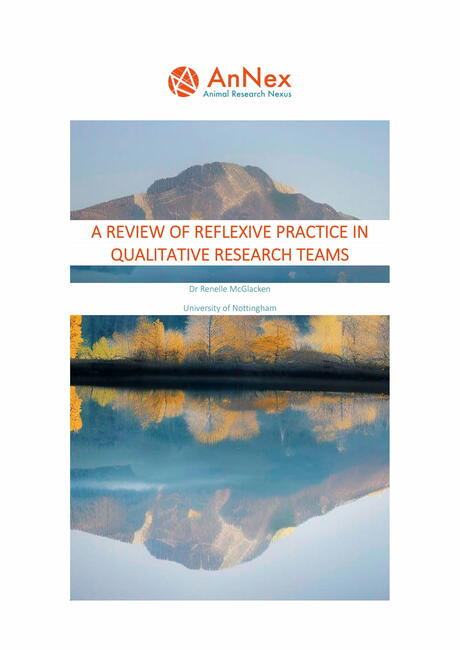
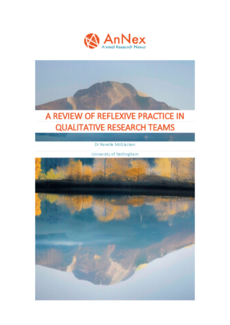
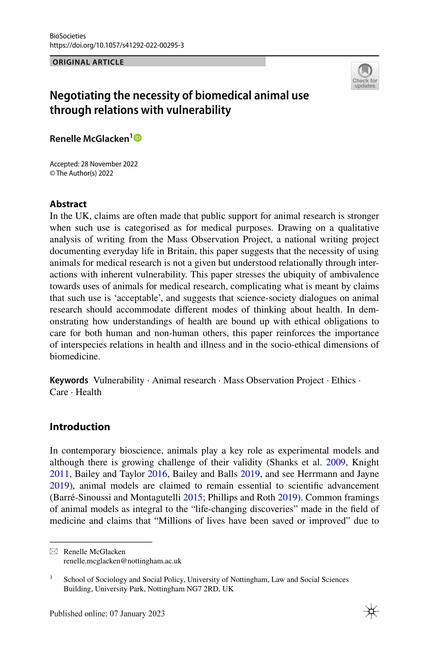
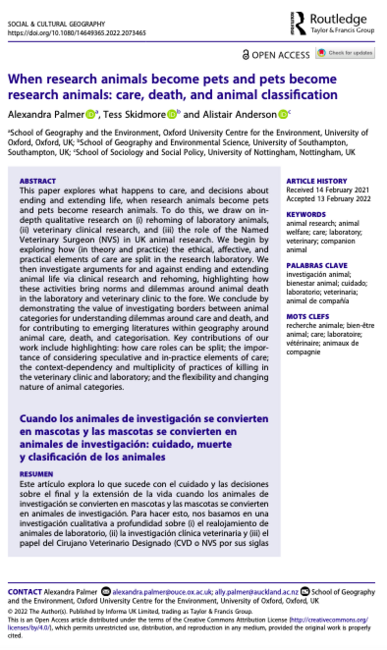
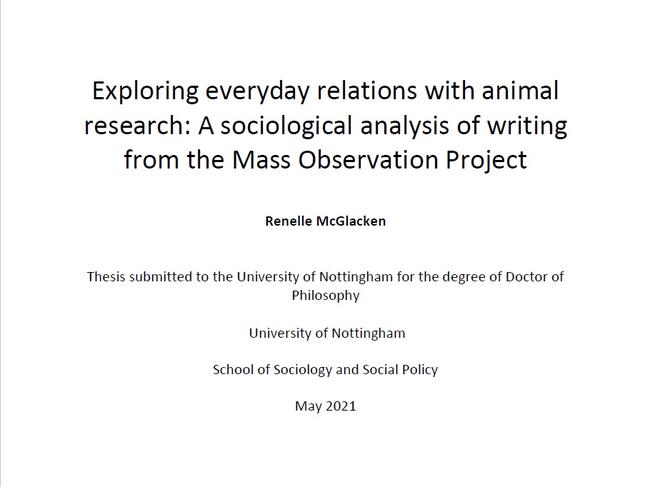
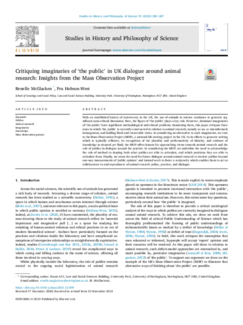
 Knowing and (Not) Caring About Animal Research_0.png%3Fitok=2jjq5NPu)
